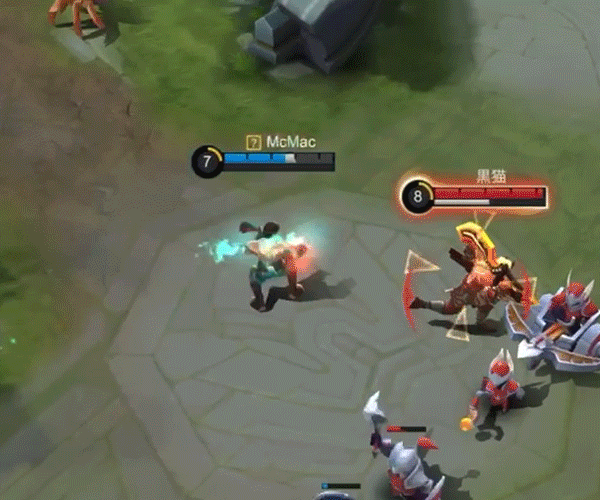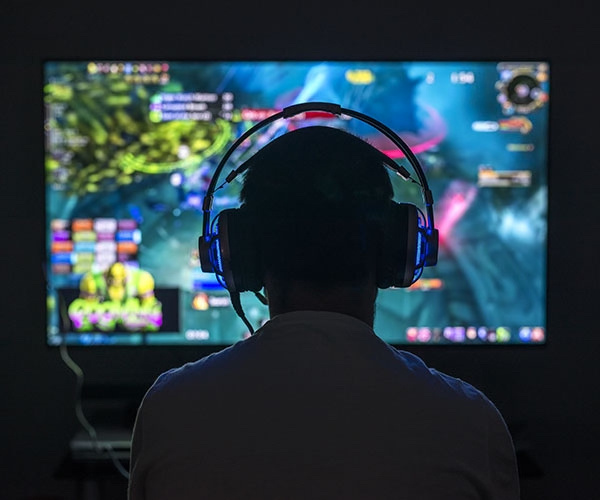
For many parents, the topic of video games is a touchy one that revolves around the complaint that their child or children spend too much time on this ‘vice’.
Over the weekends or school holidays when children have more free time, this complaint is likely to crop up more often.
A 2019 survey by US-based edge cloud services provider Limelight Networks appeared to bear out parents’ misgivings — it found that Singaporean gamers average the most hours gaming a week in Asia at 7.44 hours, more than their counterparts in South Korea and Japan.

What conclusions can we draw from this? We can certainly say that Singaporeans enjoy gaming. We can also surmise that there must be many kinds of video games for so many different people to all enjoy doing the same activity: the casual puzzle game Candy Crush and the team battler Mobile Legends are both mobile games in the same way that a mouse and an elephant are both mammals. But that’s as far as the facts go.
We cannot say, for example, that most Singaporean gamers are addicted, or that video games have a ruinous effect on children. Because the truth is that, like any other leisure activity your child might take part in, video games are not good or bad in themselves.
What’s important is how parents actively manage the consumption of video games, so that your child has fun and picks up new skills while avoiding the pitfalls of addiction.

Understanding Video Games
It’s easy to point the finger at video games when all you can see is your child hunched over his or her phone, tablet or computer screen for hours, oblivious to everything you say.
But instead of instinctively reacting with aversion to your child’s favourite game, parents should set out with the intent to understand, if not appreciate, why your child enjoys playing a particular game so much.
This opens up a variety of options for you. For example, if your child enjoys the thrill of competing against other human players in a multiplayer game, you can take the opportunity to teach them how to be humble in victory and gracious in defeat. There is much you can learn and guide your child in from observing how they interact with other users online too.
And if you think he or she is spending too much time gaming, you can also find an alternative outlet for those competitive juices by getting him or her to play sports. Video games are an incredibly broad and diverse medium, and we would run out of space if we tried to list all the skills that your child can hone or acquire from playing video games.

At the same time, understanding the games your child plays also helps you steer him or her clear of the darker side of gaming. Many online games have freemium business models which encourage players to fork out real money in microtransactions for more powerful or better-looking items and characters. Some games are more aggressive in doing so than others, and may not be suitable for younger children who have more trouble with reining in their impulses.
With older children you may also want to limit their time spent in-game or gently nudge them to play an alternative with less or no microtransactions.
For example, the popular FIFA 21 football game includes an ‘Ultimate Team’ mode which is rife with microtransactions — while the mode is technically free-to-play, players who pay real money to collect the best characters have a huge advantage. However, FIFA 21 also includes many other modes that do not expose children to the temptation of spending real money, and your child can still enjoy these without you having to worry.

Managing Your Child
Understanding the games your child plays helps immensely when it comes to getting him or her to buy into a healthy gaming lifestyle.
Your child is likely to be more amenable to limits on time spent gaming if he or she understands that you do not “hate” video games and are not trying to get them to stop playing altogether.
This helps the negotiation between parent and child get off on the same footing as any other leisure activity the child enjoys.
There is no golden rule for how much time a child should spend gaming in a day, a week, or a month. What’s important is to get your child to understand that, like any other leisure activity, gaming is a privilege he or she gets to enjoy only when homework, chores and any other responsibilities have been seen to.
As the parent, you have the best idea of what the rest of your child’s daily schedule looks like, and time spent on video games has to fit into that. If your child gets an hour of leisure time every night after dinner, for example, gaming can be one choice for him or her. Additional gaming time can also be a reward for completing homework promptly, or for good academic performance in school.

Helping Students Reach the Top of Their Game
Video games are fun, and that’s why children like them.
There’s nothing wrong with having fun, but parents have a key role to play in order to ensure that learning opportunities that go along with the fun are maximised, while negative effects from addiction and cyber-bullying are minimised.
Games have a place in the classroom too! Many games offer some element of learning (e.g. historical games teach gamers about a period of history) but there is also a dedicated sub-genre of educational games that includes the likes of Carmen Sandiego and even the Education Version of the wildly popular Minecraft.
Timed trivia quizzes, which we do often in our classes at The Learning Lab, are another popular option when it comes to games in the classroom. Find out more here about how we get our students to have fun in an intellectually stimulating way.
The Learning Lab is now at locations. Find a location that suits your needs.
If you have any questions about our range of programmes or class schedules, you may contact us at 6733 8711 or drop us an email at enquiry@thelearninglab.com.sg.
The Learning Lab is now at locations. Find a location that suits your needs.
If you have any questions about our range of programmes or class schedules, you may fill in the form below or contact us at 6733 8711 / enquiry@thelearninglab.com.sg.


